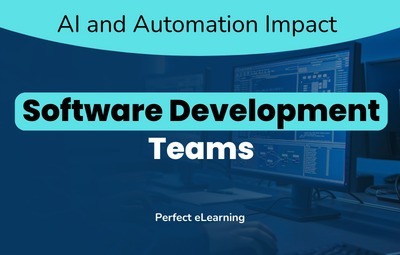

As an Android developer, it is important to have a good understanding of exception handling in Java. Exception handling is the process of handling unexpected events that occur during the execution of a program. These events can include errors, such as running out of memory, or exceptions, such as division by zero.
Types of Exceptions
There are three types of exceptions in Java: checked exceptions, unchecked exceptions, and errors. Checked exceptions are exceptions that must be handled by the programmer. Examples of checked exceptions include IOException and SQLException. Unchecked exceptions are exceptions that do not have to be handled by the programmer.
Examples of unchecked exceptions include NullPointerException and ArrayIndexOutOfBoundsException. Errors are exceptions that occur due to a system error, such as running out of memory.
Try-Catch Block
The try-catch block is the most common way of handling exceptions in Java. The try block contains the code that may throw an exception, and the catch block contains the code that
Throwing Exceptions
In addition to handling exceptions, it is also possible to throw exceptions. The throw statement is used to throw an exception, and the throws clause is used to declare that a method may throw an exception.
Custom Exceptions
In addition to the built-in exceptions in Java, it is also possible to create custom exceptions. Custom exceptions are useful when you want to create an exception that is specific to your program.
Best Practices for Exception Handling
When handling exceptions in Java, there are several best practices that you should follow:
1.Keep the catch block specific: When catching exceptions, it is best to catch the specific exception that you are expecting rather than catching a more general exception. This makes your code more readable and helps to ensure that you are handling the correct exception.
2.Use logging to track errors: When an exception occurs, it is a good practice to log the error using a logging framework such as log4j or SLF4J. This allows you to track errors in your code and diagnose problems more quickly.
3.Handle exceptions at appropriate levels: Exceptions should be handled at the appropriate level in your program. For example, if an exception occurs in a method, it should be handled in that method rather than being propagated up to a higher level.
4.Use appropriate exception hierarchy: When creating custom exceptions, it is important to use an appropriate exception hierarchy. This helps to ensure that your code is organized and easy to understand.
Conclusion
In conclusion, exception handling is a critical part of Java programming, especially in Android development. Understanding the types of exceptions, the try-catch block, throwing exceptions, and creating custom exceptions are all important skills for Java developers. By following best practices for exception handling, you can create code that is more robust and less prone to errors.
Frequently Asked Question (FAQs)
Q: What is the difference between checked and unchecked exceptions?
A: Checked exceptions must be handled by the programmer, while unchecked exceptions do not.
Q: How do I create a custom exception in Java?
A: To create a custom exception, you need to create a class that extends the Exception class.
Q: Can I catch multiple exceptions in a single catch block?
A: Yes, it is possible to catch multiple exceptions in a single catch block.
Q: Why is exception handling important in Android development?
A: Exception handling is important in Android development because it helps to prevent crashes and makes your code more robust.
Perfect eLearning is a tech-enabled education platform that provides IT courses with 100% Internship and Placement support. Perfect eLearning provides both Online classes and Offline classes only in Faridabad.
It provides a wide range of courses in areas such as Artificial Intelligence, Cloud Computing, Data Science, Digital Marketing, Full Stack Web Development, Block Chain, Data Analytics, and Mobile Application Development. Perfect eLearning, with its cutting-edge technology and expert instructors from Adobe, Microsoft, PWC, Google, Amazon, Flipkart, Nestle and Info edge is the perfect place to start your IT education.
Perfect eLearning in Faridabad provides the training and support you need to succeed in today's fast-paced and constantly evolving tech industry, whether you're just starting out or looking to expand your skill set.
There's something here for everyone. Perfect eLearning provides the best online courses as well as complete internship and placement assistance.
Keep Learning, Keep Growing.
If you are confused and need Guidance over choosing the right programming language or right career in the tech industry, you can schedule a free counselling session with Perfect eLearning experts.


